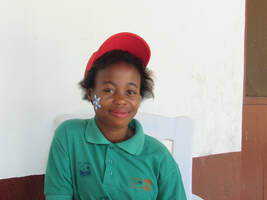
Interview Date: February 25, 2020
Interview Location: Phebe Rehabilitation Center, Bong County
Interviewer: Kathy Beth Stavinoha
Assisted by: Emma K. Katakpah
Fatu Moore grew up in Chebiah with three brothers and three sisters. She stopped attending school in the 8th grade. I asked her to say something in Gola, her dialect. She told me: “Hello. How are you coming on? I tell God thank you.” She is 20 years old
.
Fatu was in pain (in labor) for one week. They took her to Tubmanville Hospital where she was told she was having “slow pain,” (pressure, not true labor) so she returned home. When she started progressing, the TTM (Traditional Tribal Midwife) thought she had it under control but didn’t recognize when the baby got stuck. By the time Fatu got back to the hospital, the baby had already died and they had to cut her open. Her stomach started getting big so they took her back to the hospital where she was told her womb was damaged. Following a second surgery, she came down with fistula.
She had fistula since January 2019 until December when she had her fistula repair surgery. She is not dry but is just leaking at night. She will need another operation. *
Fatu had both RVF (rectovaginal fistula), which was repaired in December, and VVF (vesicovaginal fistula) which will be repaired next. She still experiences leakage in the night but she has panties (Depends) to stop the leakage.
Fistula makes her feel bad and lonely. And she feels discouraged. Her friends won’t come around her. Some of her family are with her but some are embarrassed by her situation.
She has learned how to make soap and bread, but there are no starter kits. [Note: a starter kit would include the supplies needed to go into business. Previously these were provided to Rehab Center graduates.] So, despite learning a trade, she will stay at the Rehab Center. When she does leave the Rehab Center, she hopes to keep making bread and soap in order to survive.
She will tell her friends don’t allow any midwife (TTM) to screw you - to give birth by yourself. If the doctor says you are not able [to give birth by yourself], please go to the hospital. And the TTM shouldn’t allow you to give birth without assistance (to “born the baby by yourself if don’t able to born it by yourself”). Fatu said you should go to the hospital and not just assume a doctor will make a mistake.
She was in slow pain (feeling pressure) and was crying for the whole week. The fetus had already died. She has no other children.
When she leaves the Phebe Rehab Center, she wants to be a student. She likes Social Studies.
Fatu is a fistula survivor. Hear her story in her own voice.
Because Fatu had both RVF and VVF, she will have to have multiple surgeries. The rectal fistula is repaired first so as not to cross contaminate with stool, the vaginal surgery. She also needed a colostomy bag. Just prior to my leaving for Liberia, a friend donated some stoma bags to Dignity:Liberia. We left those for Fatu.
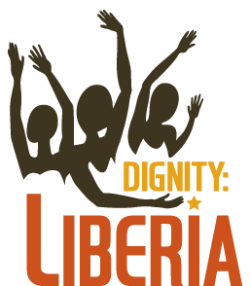
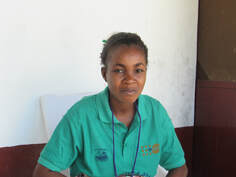

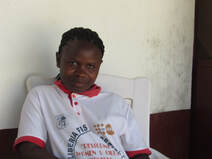
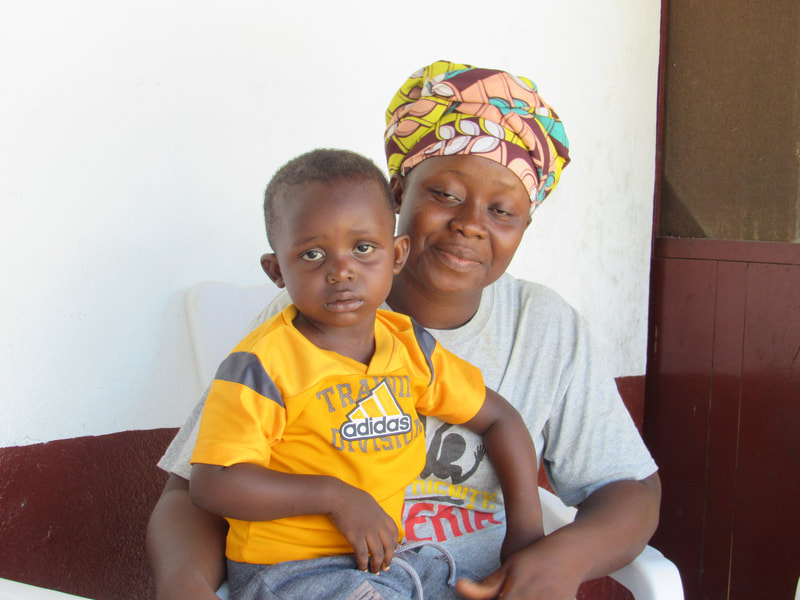
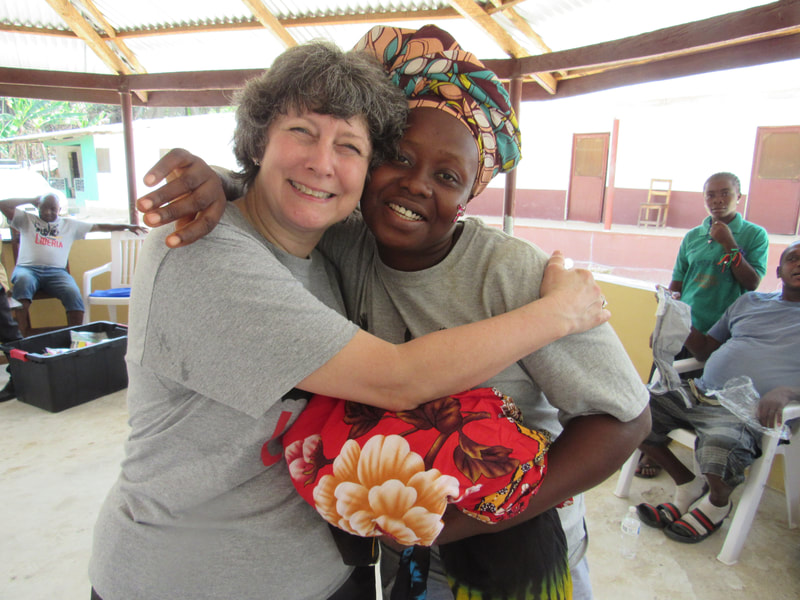
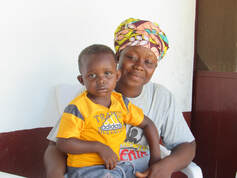
 RSS Feed
RSS Feed